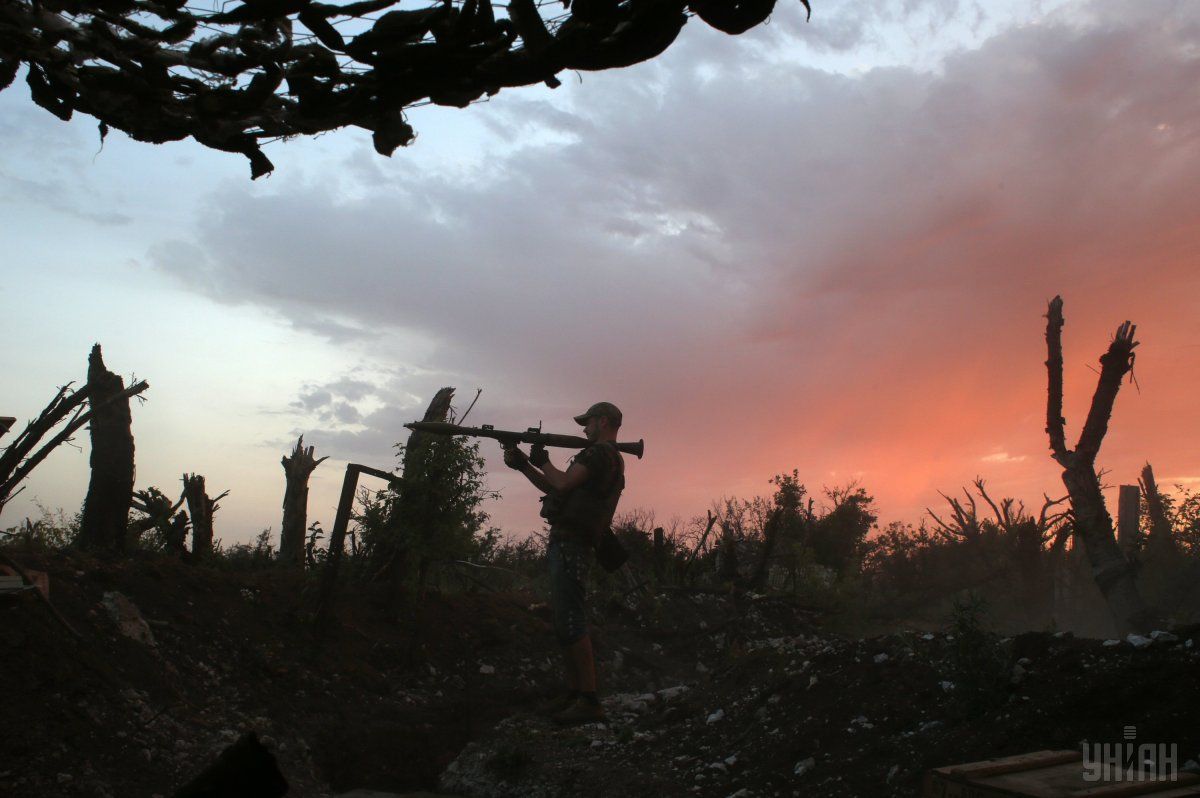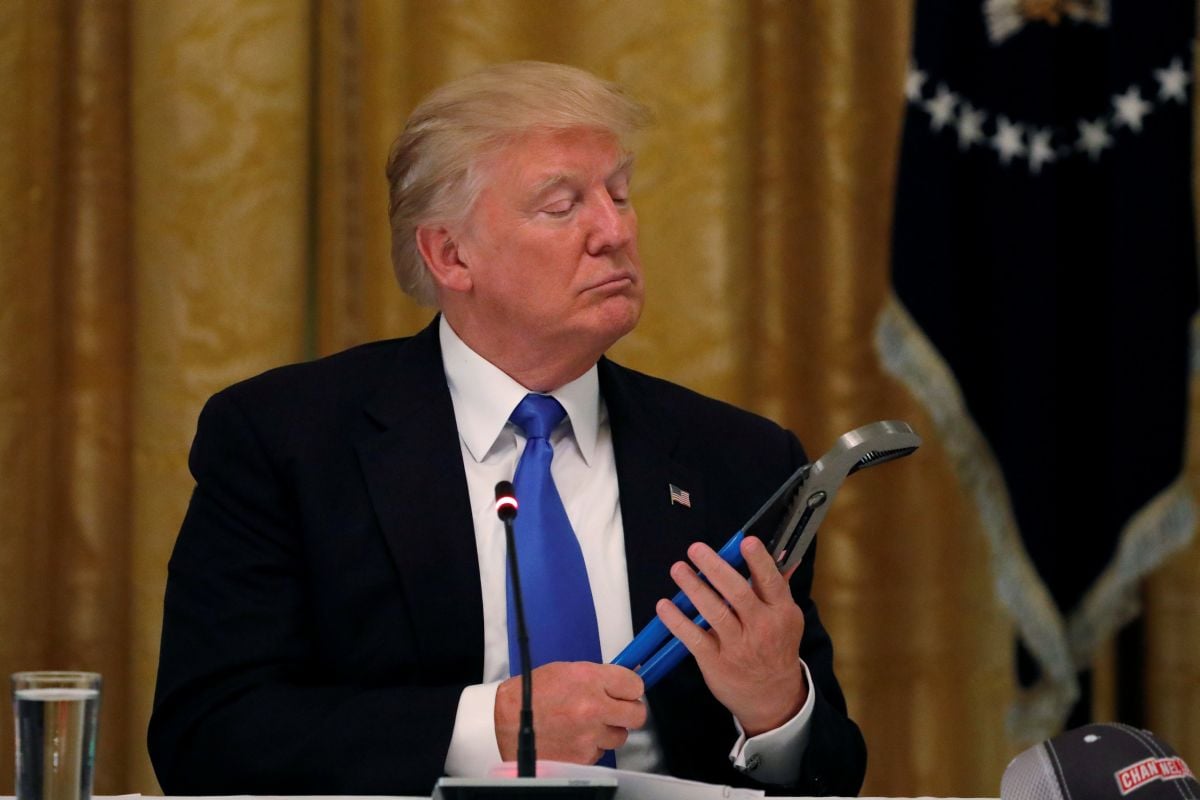
Ukrainian interest. Format’s devaluation, sanctions saga, and principled Moldova
Phone talks of the Normandy Four leaders confirmed that it would be very difficult to revive this format of negotiations. Donald Trump used Ukraine factor in the internal political struggle. The U.S. Congress came up with a new “axis of evil,” including Russia. The Moldovan authorities boosted their principled stance toward the Kremlin.
Two-hour telephone negotiations between the Normandy Four leaders on the prospects for the Donbas conflict settlement yielded no results besides saving time on flights to Berlin or Paris. All sides remained on their previous positions. It should be reminded that since the Minsk agreements were reached in February 2015, Poroshenko, Putin, Merkel and Holland have not held any joint meetings with the press to tell about their efforts toward peace. This fact testifies both to the climate at the negotiating table and the fact that the format is a stillborn child. The discussion by phone practically excludes the possibility of signing any documents, while its participants do not intend to declare the negotiation format dead.
Meanwhile, the United States, whose representatives until recently remained on the sidelines of the Normandy format, is considering the prospects of a more active participation in talks, which is evidenced by the intensive efforts by State Department's Special Representative for Ukraine Kurt Volcker to familiarize himself with the situation on the ground in eastern Ukraine. Following his visit to Avdiyivka, the American diplomat has confirmed that there is an ongoing hot stage of a conflict in Donbas, which is a result of Russia's interference. Volcker also made it clear that the situation in Crimea, occupied by the Russian troops, and that in the occupied areas of Donetsk and Luhansk regions, is not fundamentally different. However, Volcker's statements should not be taken as Washington's official position, although it will certainly influence its formation.

In the past week, Donald Trump mentioned Ukraine on Twitter, accusing Kyiv of sabotaging his election campaign in favor of Hillary Clinton. By the way, the latter released a book about her latest defeat and the unique chance she had lost to become the first female president of the United States. As for the Trump’s tweet, it is targeted at the internal audience, given the fact that the 45th American president is in a state of permanent confrontation with his opponents. So to divert their attention to a "false object" is a completely logical step amid a row of Russia ties allegations against his son and son-in-law. Trump's claims have already been refuted by the Ukrainian embassy in the U.S. and critically questioned by the highly-acclaimed Washington Post.
The U.S. Congress in the past week showed exemplary bipartisan unity in deciding to deepen sanctions against Russia, Iran, and North Korea, thus formalizing a new "axis of evil." At the same time, Republicans (who enjoy a majority in both houses of Congress) and Democrats have shown political will to prevent Donald Trump from single-handedly lifting Russia sanctions. Moreover, the legislators intend to inflict a powerful financial blow on the prospects for the development and operation of Russia's export pipelines. These plans have caused deep concern among European structures and, at the same time, support - on the part Central European and the Baltic states. It should be recalled that energy resources were not the object of sanctions imposed by the EU, while Russia remains a strategic partner in the issue of supplying Europe with oil and gas.

The latest developments in Moldova are also worth attention. The country’s Constitutional Court recognized as illegitimate the intention of the Moldovan president, Ihor Dodon, to hold a referendum on broadening his powers. Meanwhile, the head of state, who does not hide his pro-Russian stance, has earlier expressed his readiness to come to Tiraspol to celebrate the 25th anniversary of the formal end of the conflict in Transnistria. However, Moldovan government does not share Dodon's views. Moreover, the country’s security forces did not allow a group of artists and a State Duma deputy from the LDPR party to cross into the country to use it as a transit territory to get to the self-proclaimed ‘republic.’ Romania, on its part, on July 28, closed its airspace to the aircraft with the EU-sanctioned Russian Deputy Prime Minister Dmitry Rogozin on board, bound to Moldova. Even hiding behind passengers on board of a regular civilian flight, Rogozin did not dare flying through the airspace of Ukraine.
Yevgeny Magda

